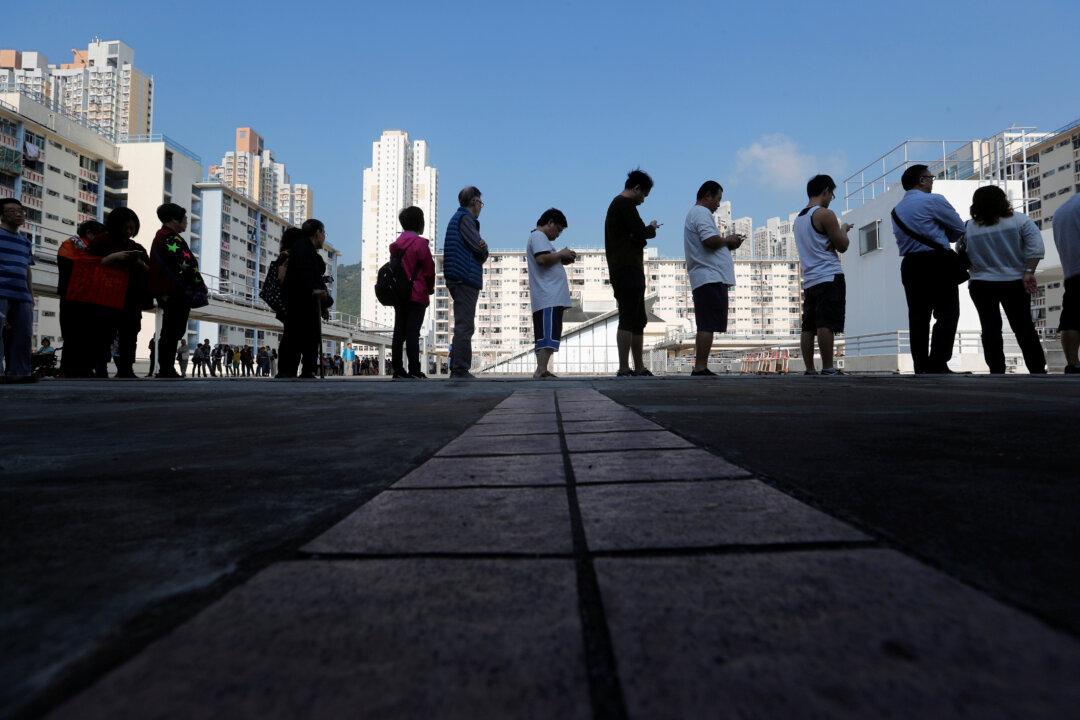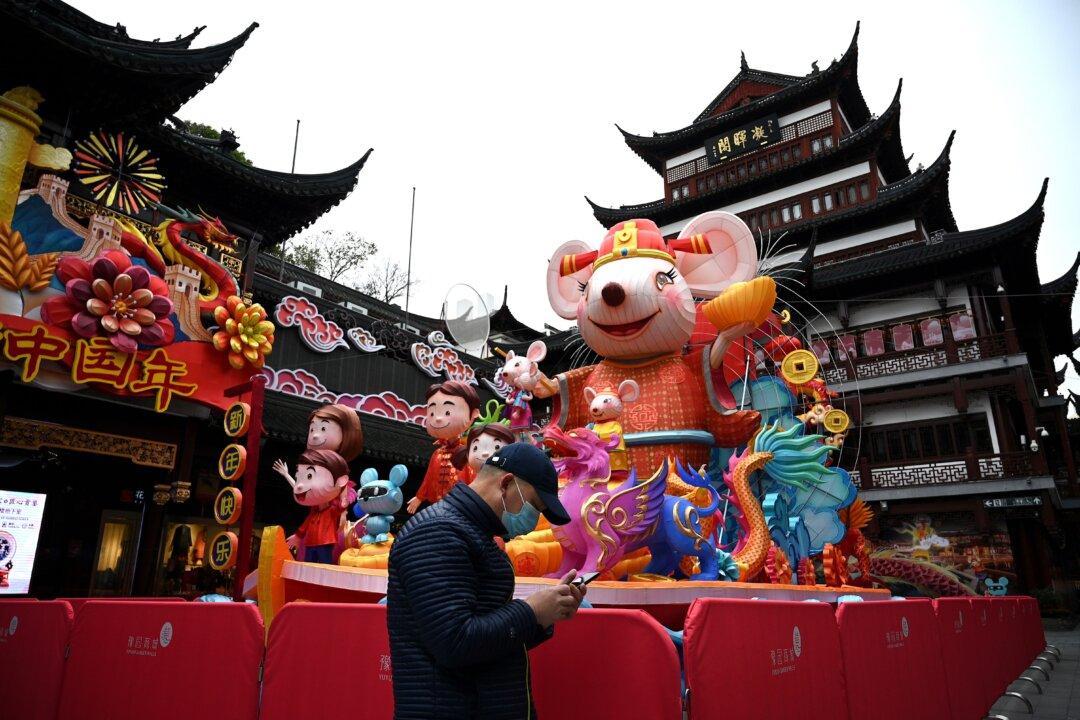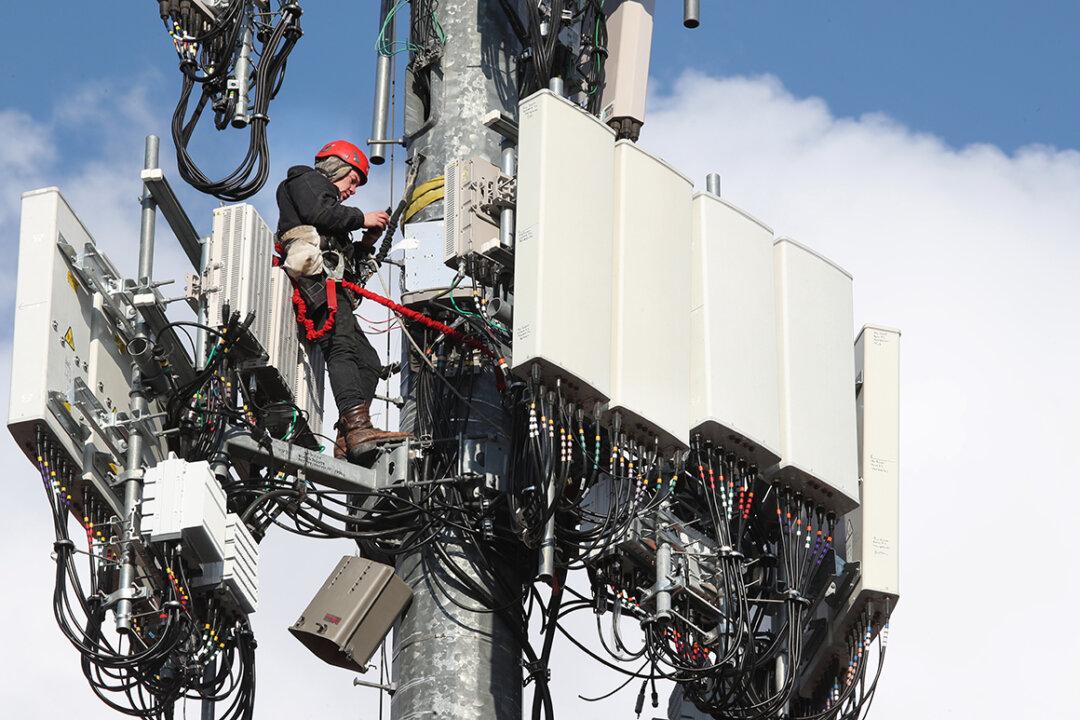Commentary
There’s a 30-page bill sitting on President Donald Trump’s desk in the Oval Office, awaiting his signature. It’s called the Hong Kong Human Rights and Democracy Act of 2019, and it puts the United States firmly on the side of greater freedom for the people of Hong Kong.





